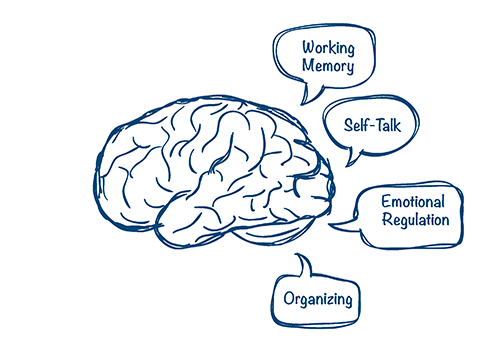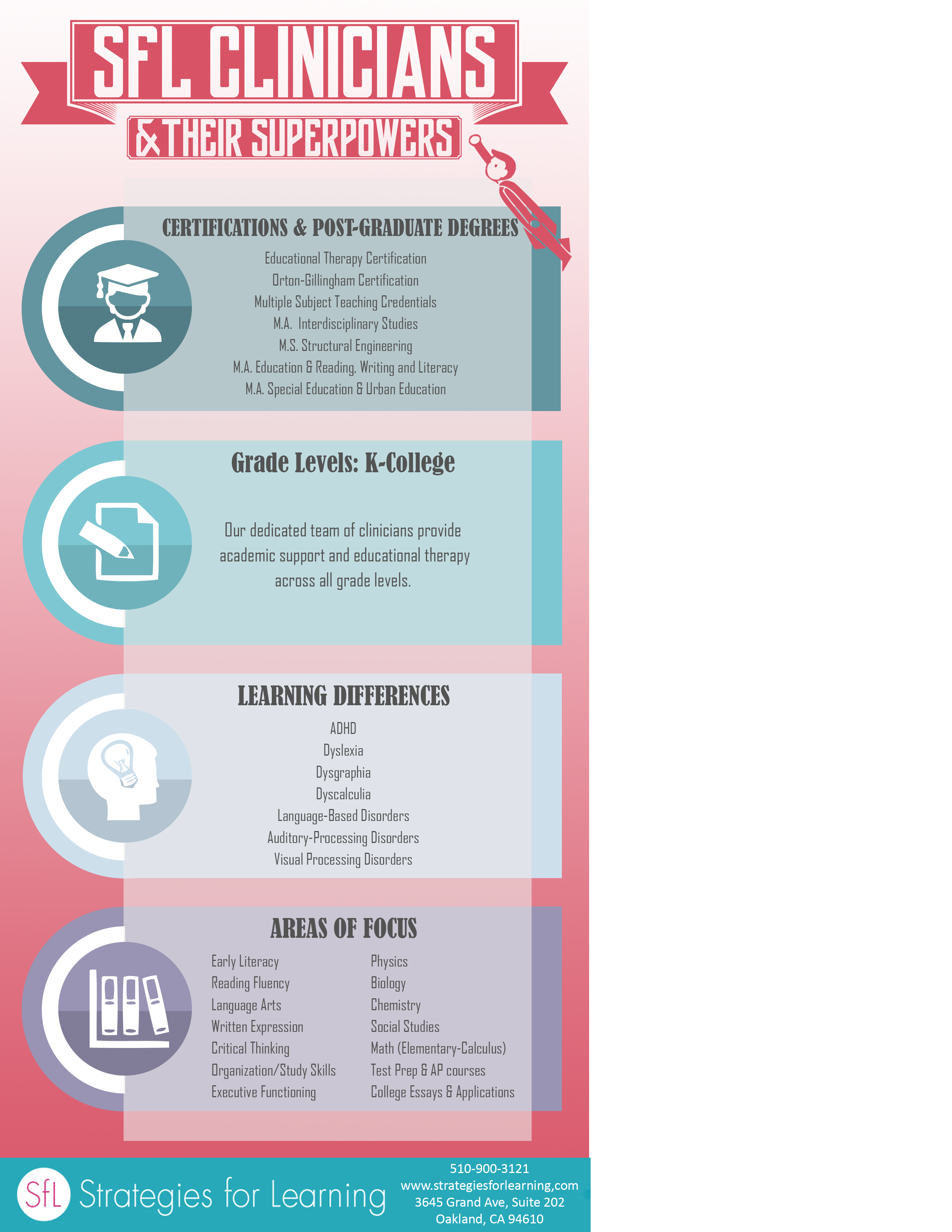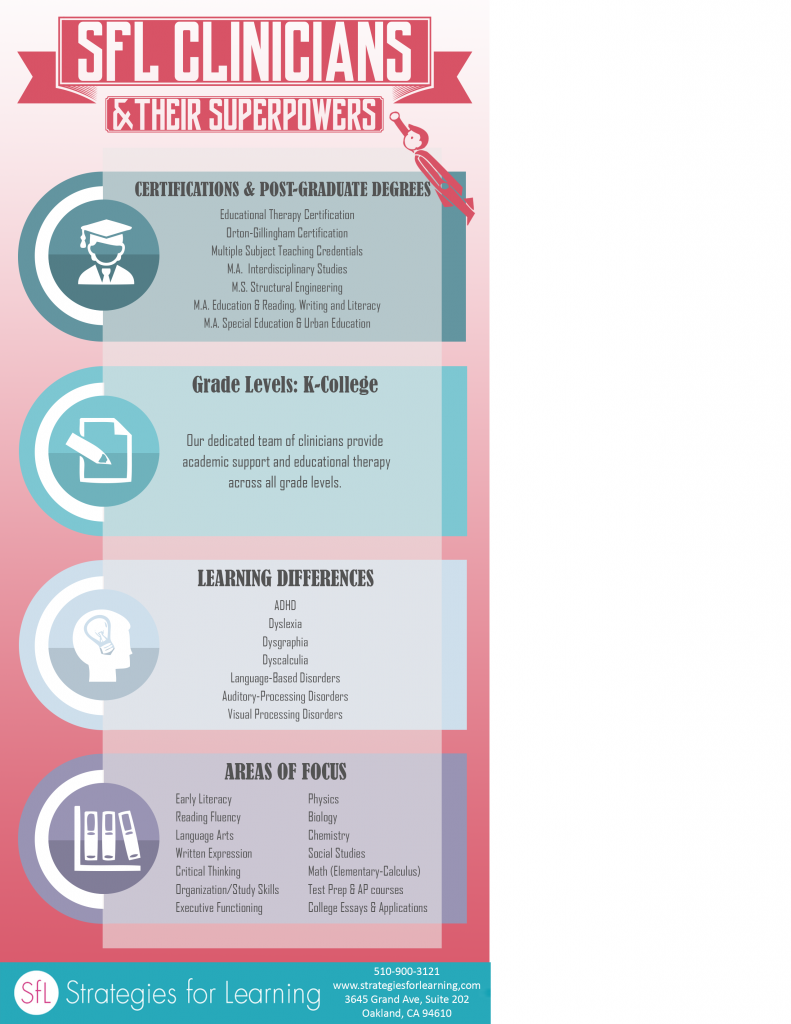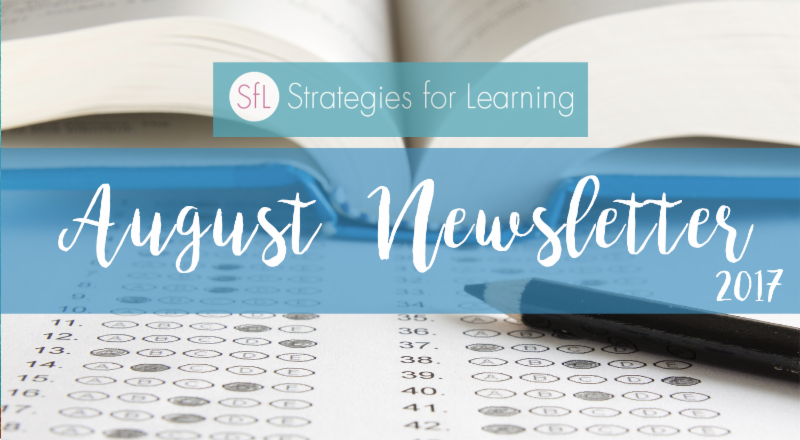Article from American Psychiatric Association
Executive Function of the Brain: Key to Organizing, Managing Time and More
You may have heard the term executive function in regards to the brain, but what does it mean when a person has difficulties with executive function? Executive function is a set of mental processes that helps us get things done. It allows us to plan and organize and to link our past experiences to the present. Executive function is sometimes described as the CEO of the brain — in charge of making sure things get done.
Executive function helps people:
- Manage time
- Pay attention and switch focus
- Plan and organize
- Remember details
- Do things based on experience
People with executive function problems may have difficulty planning or managing time, evaluating ideas, finishing work on time, or keeping track of multiple things at once. They may have trouble telling a story or relaying details in an organized way.
Larry Silver, M.D., writing in ADDitudeMag.com, provides some examples of executive function problems: a person with executive function problems might read a chapter, but not retain what he read; he might know the material, but be unable to write an answer or start a paper because he cannot organize his thoughts; or he might be able to calculate math equations, but make frequent careless errors.
People with ADHD, depression, learning disabilities, and autism often have difficulties with executive function. Alzheimer’s disease or brain damage (for example from concussion or stroke) can also affect executive function. Some research has found an association between OCD and problems with executive function.
People with no executive function impairment can experience temporary problems. For example, being overly stressed, sad, or sleep-deprived can hinder a person’s executive function ability.1
While there is no single test to identify executive function problems, psychologists can use a variety of tests and methods to assess difficulties with executive functioning and can make recommendations for how to address specific areas of weakness. Tests may look at specific skills, such as working memory, attention, ability to shift focus and ability to plan and organize. Problems often become apparent in children during early elementary years as children are expected to complete more schoolwork independently, according to the National Center for Learning Disabilities.
There are some things that can be done to improve executive function, and strategies and approaches that can help to cope with executive difficulties.
Executive function can be improved at any age, including in the elderly, researcher Adele Diamond, Ph.D., professor of developmental cognitive neuroscience with the University of British Columbia notes in a recent review article. For example, improving physical fitness can improve executive function in the elderly. Research has found improvement in children’s executive function with computerized and interactive games, task-switching computerized training, and Taekwondo traditional martial arts.
Educational strategies and behavioral approaches for addressing executive function difficulties, suggested by the National Center for Learning Disabilities, include:
- Take a step-by-step approach, break down long assignments into chunks
- Use visual schedules and review them frequently
- Create checklists and “to do” lists
- Organize work space and minimize clutter
- Schedule a weekly time to clean and organize
- Meet with teacher/supervisor on a regular basis to review work and troubleshoot problems
Reference
- Diamond, A. Executive Functions. Annual Review of Psychology. 2013; 64:135-168. https://www.ncbi.nlm.nih.gov/pmc/articles/PMC4084861/
Resources
Source: “Executive Function of the Brain: Key to Organizing, Managing Time and More.” Executive Function of the Brain: Key to Organizing, Managing Time and More, American Psychiatric Association, 19 Jan. 2017, www.psychiatry.org/news-room/apa-blogs/apa-blog/2017/01/executive-function-of-the-brain-key-to-organizing-managing-time-and-more










